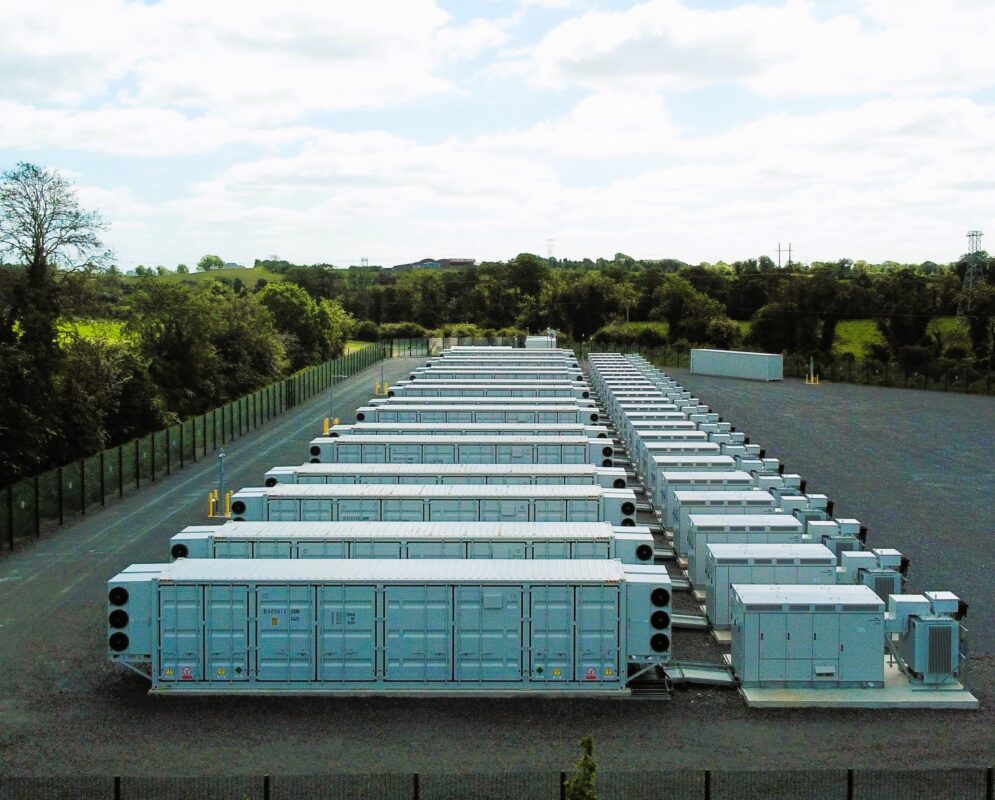
Renewable energy company RES has announced that it has applied for planning permission for a proposed 150MW battery energy storage system (BESS) development in Scotland.
The company has submitted a Section 36 application to the Scottish government’s Energy Consents Unit (ECU) for the Bishops Dal BESS proposal, which is proposed to be located between Leitholm and Birgham in the Scottish Borders region. The site was chosen for its proximity to the Eccles substation, in order to minimise the amount of land needed for the project infrastructure and to ensure that agricultural operations can continue on the project site. RES has not yet stated when it expected the application to be decided or when construction will begin if approved.a
John Hills, development project manager for Bishops Dal, said: “Whilst increasing the installed capacity of BESS is important to ensure a reliable, resilient, decarbonised electricity system for the future, we are mindful of local residents’ concerns about the number of developments in the area. Throughout every stage of our development plans, any potential cumulative impacts with other developments have been carefully considered and mitigated where appropriate.
RES has developed over 830MW of BESS projects across the UK and Ireland in years that it has been operational in the UK, which cover more than a decade. This includes the development, construction and management of Scotland’s first utility-scale battery storage facility, the 20MW Broxburn Energy Storage facility in Broxburn, West Lothian, which was commissioned in 2018.
RES’ solar ambitions
RES has also been working to develop a major solar-plus-storage project in England in recent months.
In January of this year, the company announced that it had launched a second round of consultation for its Steeple Renewables Project in Nottinghamshire. The firm has a grid connection agreement for a total of 600MW of combined solar and BESS capacity, but the distribution between solar and storage capacity has not yet been finalised. RES has, however, stated that it expected the project to be split between 75% solar and 25% BESS (400MW solar and 200MW) storage, although this is subject to change.
The project is in the pre-application stage, and RES has stated that it plans to submit an application for a Development Consent Order (DCO) – which is necessary as the 600MW capacity of the proposed development classifies it as a Nationally Significant Infrastructure Project (NSIP) – in the second quarter of 2025.

